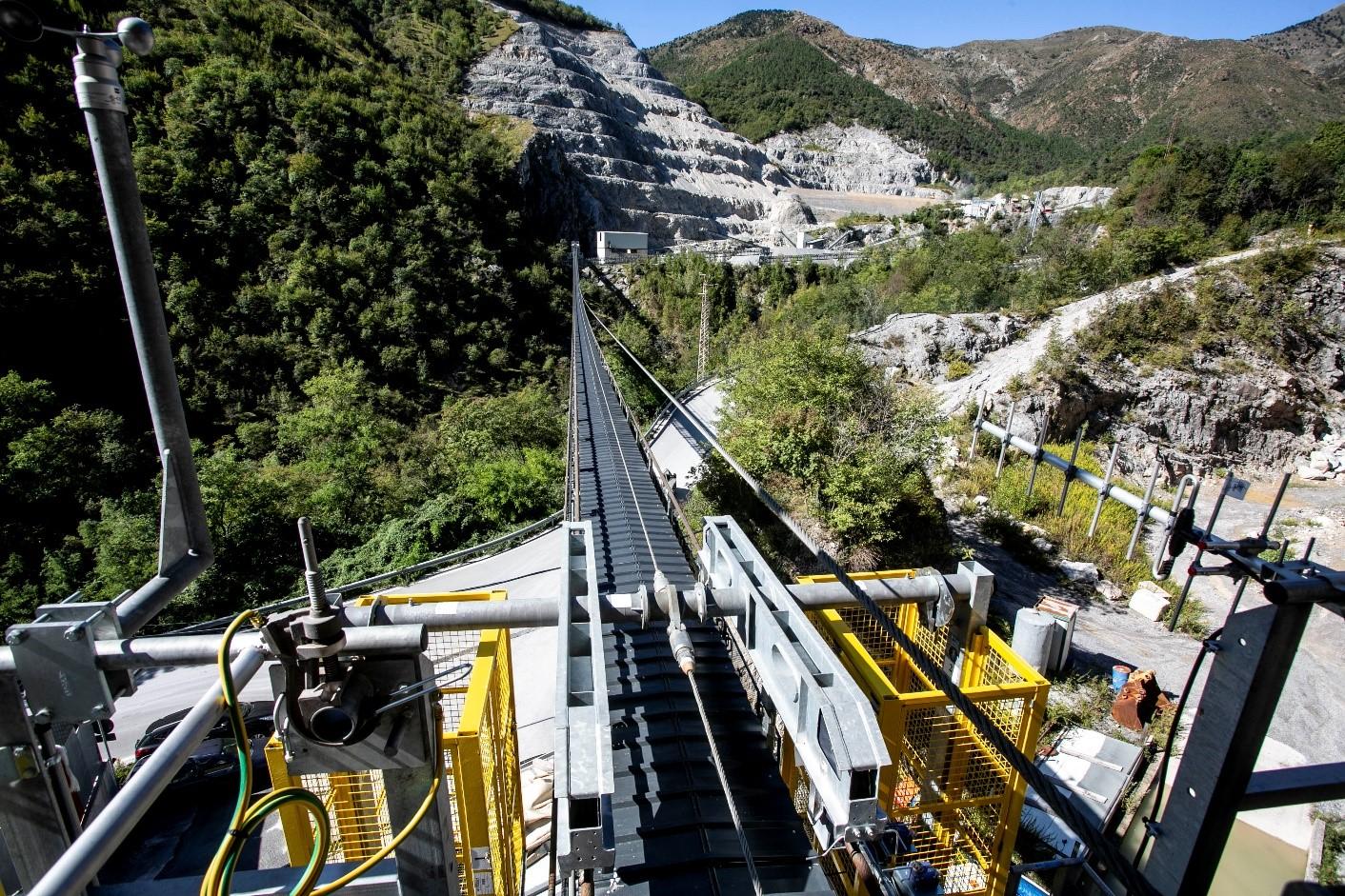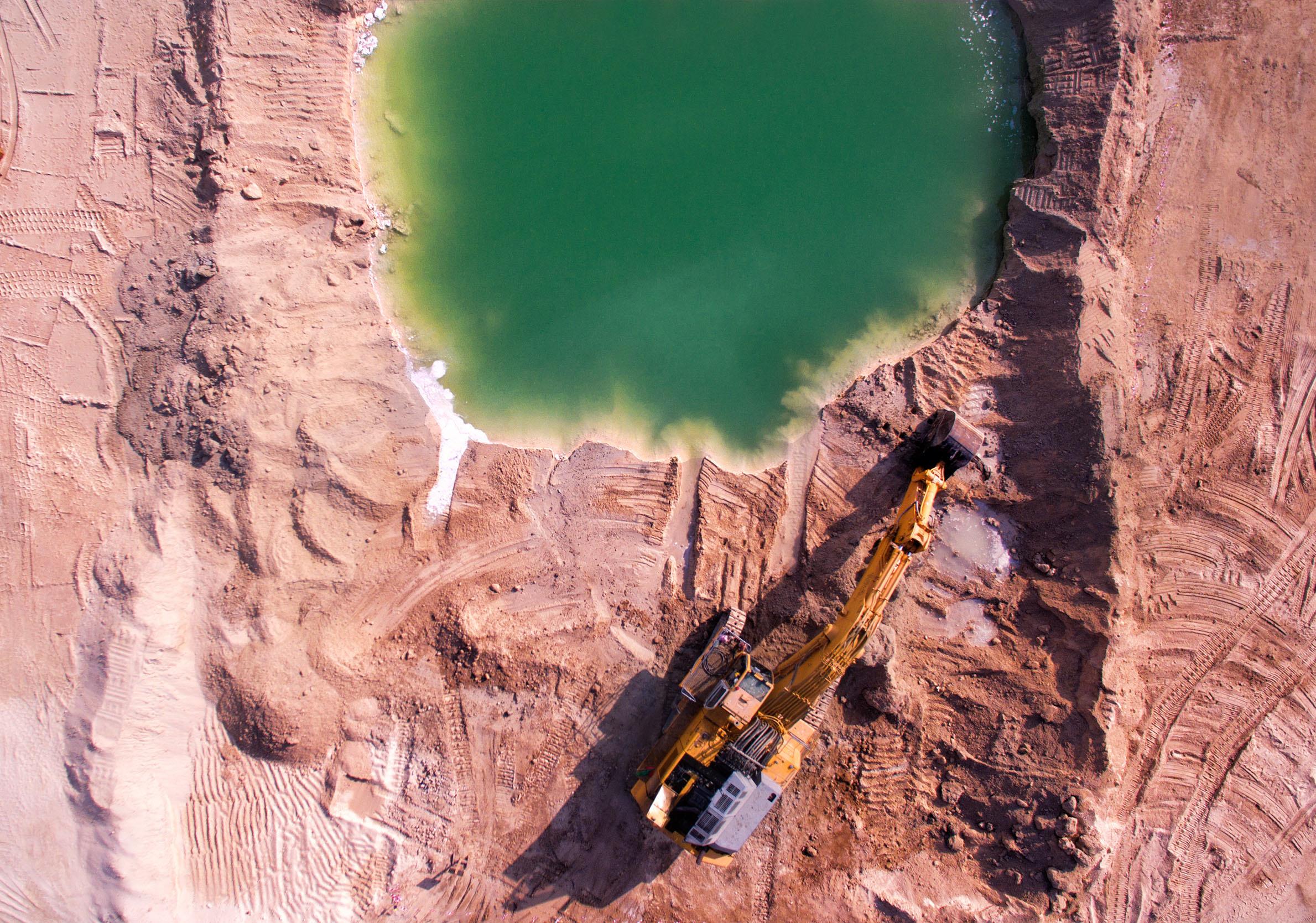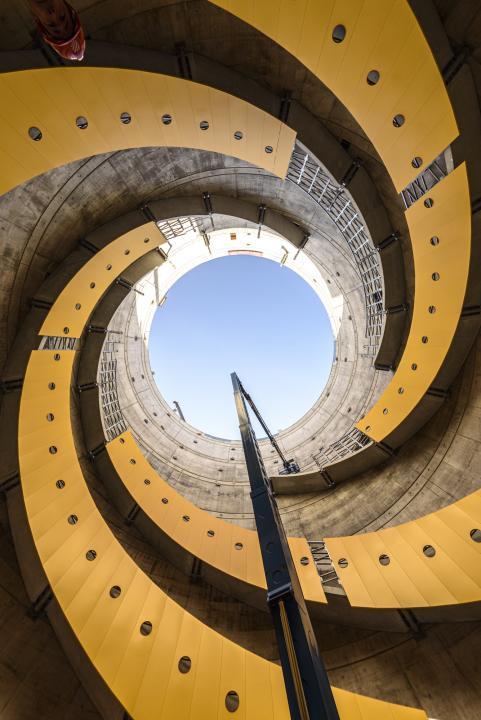Sustainable Development
Circular economy: Italy leader in Europe

Circular Economy: The construction sector can reduce emissions by 61% in 2050
Italy leads in Europe with regard to the circular economy. This has been confirmed by the latest report from the Circular Economy Network, a network of companies and associations promoted by the Foundation for sustainable development, which assigns Italy a score of 79 points.
France follows, in second position, with 68 points. Germany and Spain are even further behind, at 65 points. Also, according to the report of the Circular Economy Network, by doubling the "circularity" rate of the world economy, from the current 8.6% to 17%, it is possible to reduce the consumption of materials by 21 gigatons, and thus be able to cut greenhouse gas emissions by 39% per year, globally. The circular economy therefore, currently represents an indispensable lever for achieving climate neutrality by 2050.
Webuild reuses 100% of excavated materials
For the Webuild Group, developing a (SDG 12, UN Sustainable Development Goals) is one of the pillars upon which its rests. This is why in our construction sites, we adopt practices aimed at minimizing the use of natural resources (including by reusing them), and at intensifying the recovery of waste materials in the same project or in neighbouring areas. The adopted by Webuild has allowed the company to reduce its produced waste by 46%, in 2020, compared to 2019, while the waste affected by its recovery processes accounted for 69% of the total waste generated. In addition, 100% of the excavated materials were reused, and the volume of water consumed on construction sites decreased by 10%, compared to 2019.

Circular Economy, Terzo Valico dei Giovi - Genoa junction, flying belt at the Cravasco construction site - 2019
Steel with recycled content: target over 90%
Webuild has also developed special optimized concrete mixes, characterized by a reduced cement content, or using up to 65% of recycled materials from other industrial sectors. Also, with regard to metallic materials, the use of solutions with high recycled content steel is increasingly gaining ground: on its next start-up projects in Italy, Webuild aims at reaching shares of over 90%. Finally, in the water sector, an innovative remote-control system is being developed for the digital traceability of site water resources, to identify real-time leaks and inefficiencies, and reduce consumption as much as possible.
The European Environment Agency: We can cut emissions by more than 60% by 2050
Consuming and is also an imperative in the construction sector, which is responsible for two thirds of the greenhouse gas emissions associated with the various phases of project life cycles, including with regard to producing materials used in construction sites. A study commissioned by the European Environment Agency, in fact, estimates that thanks to the circularity and better management of materials, it will be possible to reduce emissions produced by the construction sector, by up to 61%, in 2050.



